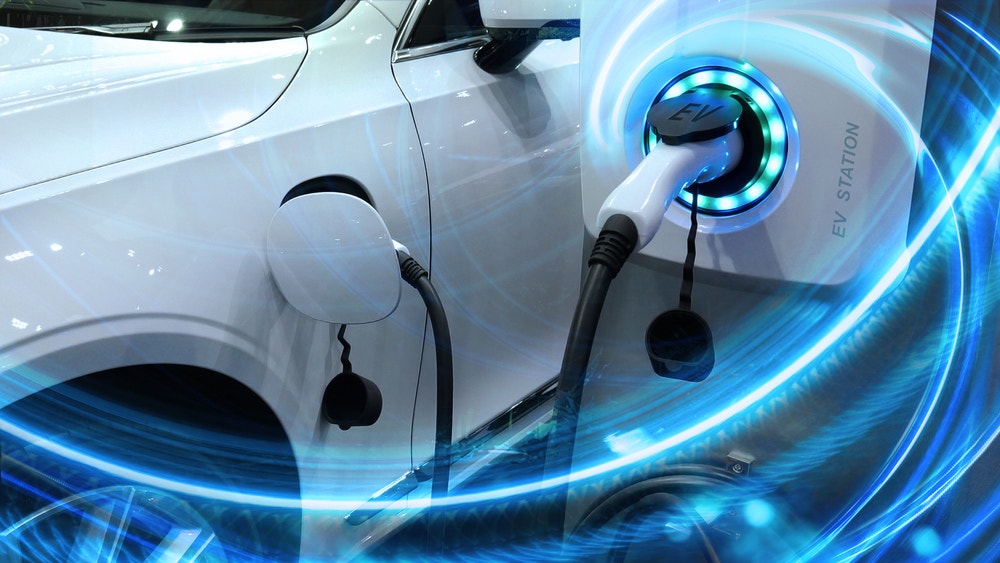Cybin, Bright Minds, and PharmAla: A Brief Recap of Progress in Clinical Trials
Cybin one step away from full dosage
Cybin CYBN has completed dosing in five of six cohorts of participants in its ongoing Phase 2 trial evaluating the proprietary deuterated psilocybin analog CYB003 for the treatment of major depressive disorder (MDD).
Like Cohort 4, Cohort 5 was administered the psychedelic in two doses of 12 milligrams each, with no serious adverse effects reported that would preclude continued administration.
CEO Doug Drysdale says dosing completion brings the company closer to establishing a "therapeutically effective dose" and advancing CYB003 toward pivotal FDA-approved studies as a "fast-acting, differentiated treatment option for people with MDD."
See also: Cybin's FY2023 Financial Results, Guidance, and Appointment of Sanford R. Climan as Strategic Advisor
To date, CYB003 has shown a favorable safety and tolerability profile at 1 milligram, 3 milligram, 8 milligram, 10 milligram, and 12 milligram as assessed in the Phase 1/2a study.
The intermediate results indicate that low doses of the psychedelic led to a purportedly "rapid and robust" psychedelic response.
The team is currently recruiting for Cohort 6, the last of Phase 2 of the study. He expects to deliver top-notch efficacy data before the end of the year, after which Cybin will ask the FDA to begin pivotal studies.
Bright Minds Biosciences: positive clinical dataBright Minds Biosciences DRUG has completed its three-part Phase 1 clinical trial of BMB-101, a new "highly selective and potent" 5-HT2C agonist in development for the treatment of refractory epilepsies, psychosis, addiction, and impulse control disorders.
The study, conducted in Australia, evaluated safety, tolerability, pharmacokinetics (PK) and dietary effect in healthy volunteers. Early results show that BMB-101 has an "excellent" safety and tolerability profile. 5-HT2C target engagement has been demonstrated by transient, dose-dependent increases in prolactin, and the current formulation allows for two daily oral doses.
Bright Minds believes that moderate doses of BMB-101 will fully engage 5-HT2C receptors and therefore will not be dose limited by side effects. This would help to achieve maximum efficacy in phase 2 studies, as the dose-limited side effects of first-generation 5-HT2C agonists "prevented exploiting the full potential of this pharmacological mechanism".
CMO Mark Smith says the study findings "give us confidence in selecting doses of BMB-101 for testing in refractory epilepsies and other disorders where serotonin 2C agonists are indicated."
5-HT2C agonism is a proven anticonvulsant mechanism. In animal models, BMB-101 has demonstrated a "significant reduction" in the number and intensity of epileptic seizures, and is a promising candidate for the treatment of Dravet syndrome and other epilepsies.
The company is currently awaiting qEEG (quantitative electroencephalogram) data, after which it will provide a more detailed discussion of the results.
PharmAla obtains advice from the MHRA on ALA-002 and launches a clinical program with the Australian university.PharmAla Biotech Holdings PMBHF has received written guidance from the UK Medicines and Healthcare Products Regulatory Agency (MHRA), which includes advice that MDMA analogue ALA-002 does not require additional preclinical data to proceed with clinical trials...

Cybin CYBN has completed dosing in five of six cohorts of participants in its ongoing Phase 2 trial evaluating the proprietary deuterated psilocybin analog CYB003 for the treatment of major depressive disorder (MDD).
Like Cohort 4, Cohort 5 was administered the psychedelic in two doses of 12 milligrams each, with no serious adverse effects reported that would preclude continued administration.
CEO Doug Drysdale says dosing completion brings the company closer to establishing a "therapeutically effective dose" and advancing CYB003 toward pivotal FDA-approved studies as a "fast-acting, differentiated treatment option for people with MDD."
See also: Cybin's FY2023 Financial Results, Guidance, and Appointment of Sanford R. Climan as Strategic Advisor
To date, CYB003 has shown a favorable safety and tolerability profile at 1 milligram, 3 milligram, 8 milligram, 10 milligram, and 12 milligram as assessed in the Phase 1/2a study.
The intermediate results indicate that low doses of the psychedelic led to a purportedly "rapid and robust" psychedelic response.
The team is currently recruiting for Cohort 6, the last of Phase 2 of the study. He expects to deliver top-notch efficacy data before the end of the year, after which Cybin will ask the FDA to begin pivotal studies.
Bright Minds Biosciences: positive clinical dataBright Minds Biosciences DRUG has completed its three-part Phase 1 clinical trial of BMB-101, a new "highly selective and potent" 5-HT2C agonist in development for the treatment of refractory epilepsies, psychosis, addiction, and impulse control disorders.
The study, conducted in Australia, evaluated safety, tolerability, pharmacokinetics (PK) and dietary effect in healthy volunteers. Early results show that BMB-101 has an "excellent" safety and tolerability profile. 5-HT2C target engagement has been demonstrated by transient, dose-dependent increases in prolactin, and the current formulation allows for two daily oral doses.
Bright Minds believes that moderate doses of BMB-101 will fully engage 5-HT2C receptors and therefore will not be dose limited by side effects. This would help to achieve maximum efficacy in phase 2 studies, as the dose-limited side effects of first-generation 5-HT2C agonists "prevented exploiting the full potential of this pharmacological mechanism".
CMO Mark Smith says the study findings "give us confidence in selecting doses of BMB-101 for testing in refractory epilepsies and other disorders where serotonin 2C agonists are indicated."
5-HT2C agonism is a proven anticonvulsant mechanism. In animal models, BMB-101 has demonstrated a "significant reduction" in the number and intensity of epileptic seizures, and is a promising candidate for the treatment of Dravet syndrome and other epilepsies.
The company is currently awaiting qEEG (quantitative electroencephalogram) data, after which it will provide a more detailed discussion of the results.
PharmAla obtains advice from the MHRA on ALA-002 and launches a clinical program with the Australian university.PharmAla Biotech Holdings PMBHF has received written guidance from the UK Medicines and Healthcare Products Regulatory Agency (MHRA), which includes advice that MDMA analogue ALA-002 does not require additional preclinical data to proceed with clinical trials...
What's Your Reaction?















![Three of ID's top PR executives quit ad firm Powerhouse [EXCLUSIVE]](https://variety.com/wp-content/uploads/2023/02/ID-PR-Logo.jpg?#)







